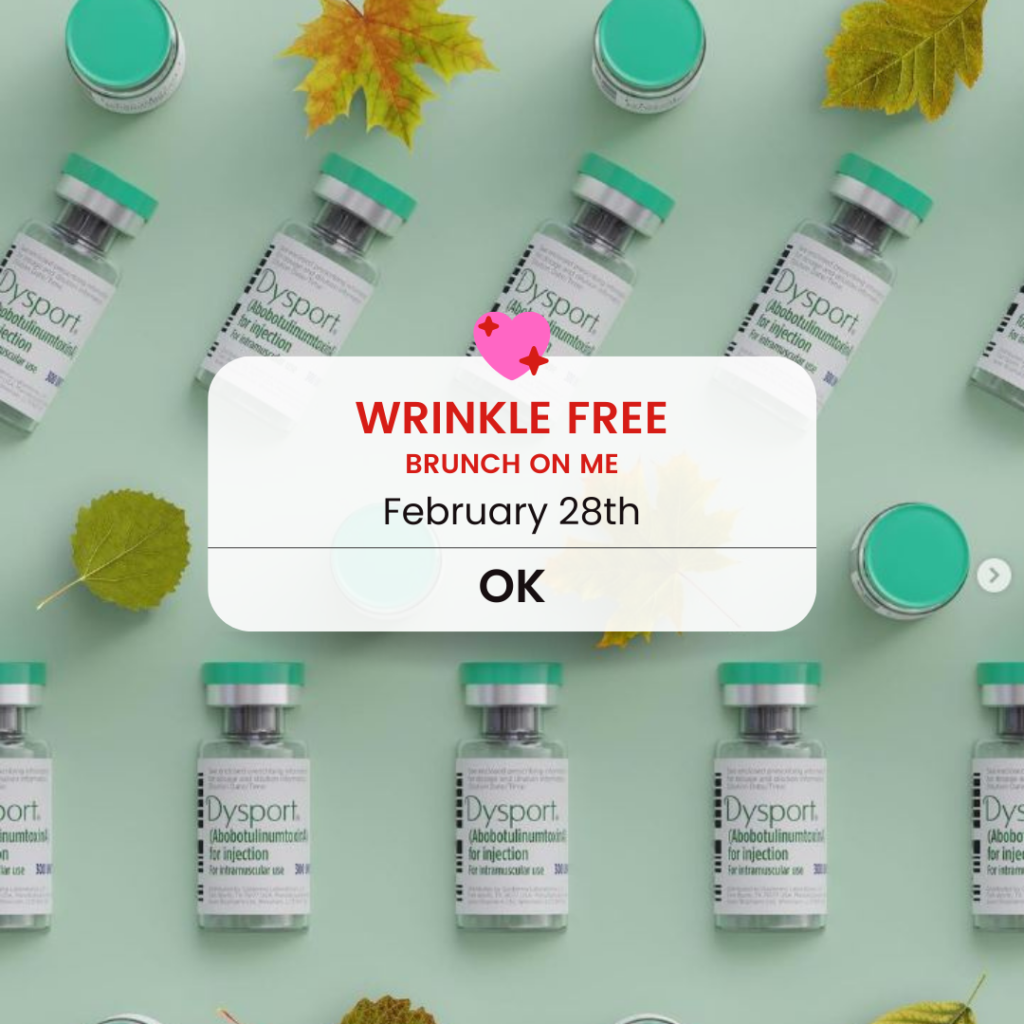It’s a safe bet that almost everyone has experienced a pimple or two throughout their life. In fact, acne is the most common skin condition in the United States, affecting up to 50 million Americans every year. However, less common is cystic acne, which is when regular pimples erupt on the inside of the skin. The appearance and symptoms of cystic acne can range but usually are large, deep, red, and painful breakouts.
The Do’s And Dont’s Of Cystic Acne
Although acne is common, it does not mean it is easy to deal with— especially cystic acne. Here at Blue Ridge Dermatology, we understand many people are bothered by how this type of acne looks and feels. We have compiled a few tips and tricks on how to relieve some of the symptoms of this skin condition.
Cystic Acne Do’s
-
Reduce Stress Levels
Have you ever noticed that the more stressed you are, the more prone you are to breakouts? Well, that’s more than a coincidence. Cortisol, a stress hormone, can lead to an overproduction of sebum oil in your skin glands. When a person experiences a lot of stress, sebum mixes with dead skin cells and bacteria, which causes clogged hair follicles— leading to pimples and cystic acne. Reducing your stress levels can be beneficial for those prone to cystic acne. Some stress-reducing tips include exercising regularly, eating a healthy diet, practicing self-care, creating boundaries for yourself, minimizing screen time, and practicing meditation.
-
Gently Exfoliate
Exfoliating involves removing dead skin cells from your skin’s surface. When exfoliating with cystic acne, be sure to use as directed and be gentle with the pressure. If exfoliating is done improperly, too often, or with an abrasive exfoliant, it can irritate your skin. Gently exfoliating helps to keep your pores from getting clogged while ridding of bacteria that can lead to breakouts.
-
Be Conscious Of Your Diet
The American Academy of Dermatology recommends a low-glycemic diet, which may lead to fewer pimples. This diet is a ranking system that ranks foods containing carbohydrates by their effect on a person’s blood sugar levels. Foods that cause your blood sugar to rise rapidly may worsen your acne. Some foods to steer clear of when trying to clear up your skin include:
- Processed foods
- Beverages high in sugar
- Fast food and fried foods
- Cakes, cookies, and sweet treats
- Sweetened dairy products
Pay attention to your diet and identify trigger foods or foods that seem to cause you to break out or worsen your existing acne.
Cystic Acne Dont’s
-
Don’t Forget To Moisturize
Your skin needs moisture— even if you have oily skin! Not only does moisturizing help combat dry and scaly skin, but it also protects the skin’s barrier from irritation. Those who are prone to cystic acne should opt for an oil-free, non-comedogenic moisturizer to ensure you are not clogging your pores further.
-
Don’t Get Too Much Sun
It’s no secret that too much sun is bad for your skin. Additionally, some acne medications may make your skin very sensitive to the sun\’s ultraviolet light. This is referred to as photosensitivity, which is the technical term for skin\’s increased sensitivity in the presence of UV light.
Also, staying out of tanning beds is highly recommended, as they can perpetuate your skin issues and increase your risk for skin cancer.
-
Don’t Try To Pick, Squeeze, or Pop
As tempting as it may be, those with cystic acne, or acne in general, should refrain from picking, squeezing, or popping their pimples or breakouts. By touching your face, you increase the possibility of spreading the same bacteria, which can cause even more breakouts. Trying to pick at or pop cystic acne can even cause scarring and will most likely be very painful.
If you are struggling with cystic acne or another dermatological issue, we are here for you! Blue Ridge Dermatology is proud to offer medical and cosmetic dermatological services that can help you get the results you want. If you are interested in making a skincare plan, call our office today at 919-781-1050.


